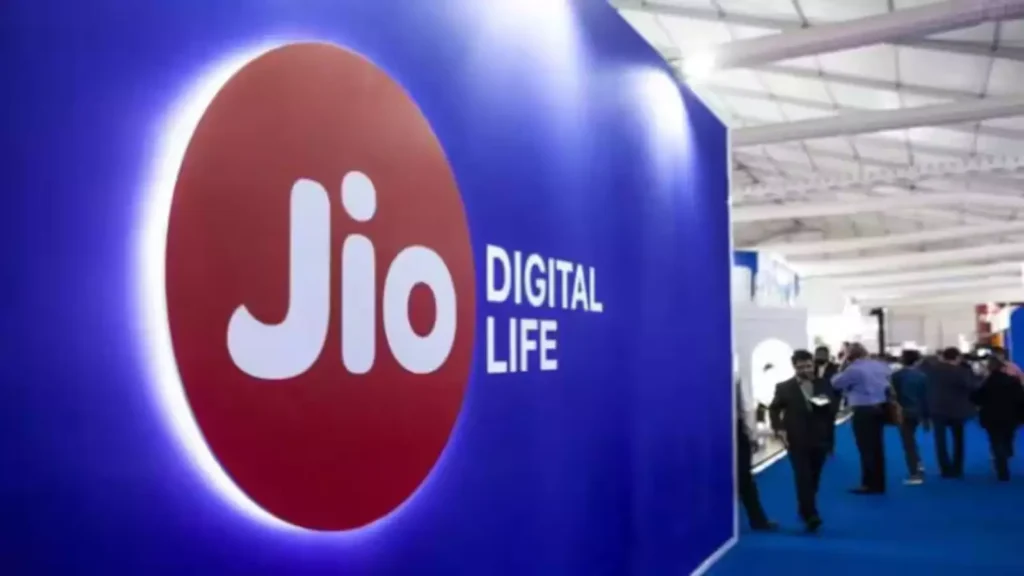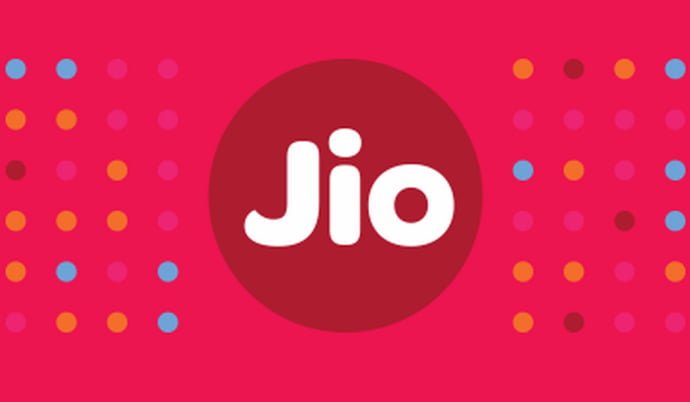The Impact of Reliance Jio on India’s Telecom Industry
Reliance Jio, launched in September 2016, has revolutionized India’s telecom sector, transforming it into one of the fastest-growing markets globally. With its disruptive strategies, Jio has not only reshaped the competitive landscape but also accelerated digitalization across the country. This article explores the profound impact of Reliance Jio on India’s telecom industry, focusing on its market strategies, effects on competitors, and contributions to the digital economy. For more details, visit Jio’s official website.
Reliance Jio’s Market Entry and Strategies
Reliance Jio entered the Indian telecom market with an unprecedented offer of free voice calls and unlimited 4G data, which disrupted the industry and forced competitors to revise their pricing models. Key strategies included:
- Affordable Pricing: Jio’s low-cost plans made high-speed internet accessible to millions, converting broadband from a luxury to a necessity.
- Extensive Network Coverage: Jio invested $32 billion to build a pan-India 4G network, covering all 22 telecom circles.
- Digital Ecosystem: Jio introduced a suite of apps for entertainment, education, and commerce, creating a comprehensive digital ecosystem.

Impact on Competitors and Market Consolidation
Jio’s aggressive pricing and extensive services led to a significant decline in revenue for established players like Airtel, Vodafone, and Idea. Many smaller operators were forced to exit the market or merge with larger entities. Key outcomes include:
- Price Wars: Competitors slashed tariffs to retain customers, leading to reduced profitability across the industry.
- Mergers and Acquisitions: Vodafone and Idea merged to form Vi, while Airtel acquired Telenor’s India operations to strengthen its market position.
- Market Share Shifts: Jio rapidly gained over 150 million subscribers within 18 months, becoming one of the top three telecom operators in India.
Contribution to Digital India
Reliance Jio has played a pivotal role in advancing India’s digital transformation. By making internet services affordable and accessible, Jio has empowered millions of Indians, particularly in rural areas, to participate in the digital economy. Learn more about how Digital India Initiatives are shaping the country’s future. Key contributions include:
- Increased Internet Penetration: Jio’s affordable data plans have significantly boosted internet usage, with monthly data consumption in India increasing fivefold.
- E-Governance and Education: Jio’s infrastructure supports government initiatives like Digital India, enabling e-governance, online education, and telemedicine services.
- Economic Growth: The surge in mobile data usage has contributed to India’s GDP growth, with the telecom sector generating millions of jobs.
Challenges and Criticisms
Despite its success, Jio has faced criticism for its aggressive tactics and regulatory advantages. Competitors have accused Jio of predatory pricing and benefiting from favorable policies, such as reduced interconnection charges. Additionally, Jio’s reliance on data consumption for profitability raises concerns about long-term sustainability.
Conclusion
Reliance Jio has undeniably transformed India’s telecom industry, driving competition, innovation, and digital inclusion. While its strategies have sparked debates about fairness and sustainability, Jio’s impact on India’s digital landscape remains unparalleled. As the industry continues to evolve, Jio’s role in shaping India’s digital future will be closely watched.
Related Articles
- Mukesh Ambani: The Visionary Leader of Reliance Industries
- Top 10 Indian Business Leaders of the 21st Century

